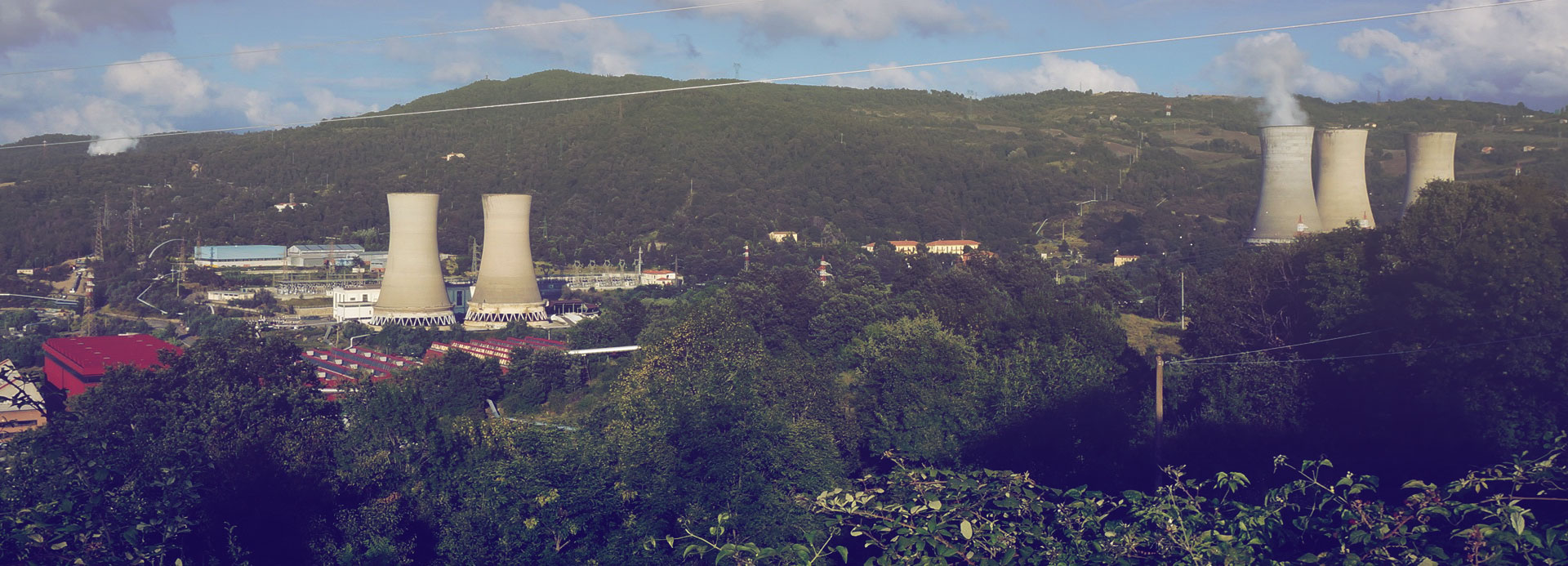

- This event has passed.
International cooperation on natural resources: geoscientists’ contribution to enhanced governance, policy making and attainment of the Sustainable Development Goals
February 9, 2017 @ 8:00 am - February 10, 2017 @ 5:00 pm
BACKGROUND
The continuing rise in global population and living standards, as well as technological innovation, is increasing global demand for energy and minerals with consequent requirements for a broader and more diversified range of natural resources, including conventional fossil and nuclear fuels and renewable energy. The combined effect is a global rush to secure sustainable supplies of energy, minerals and water.
In this context, a transparent and consistent estimation and classification methodology for mineral and renewable energy resources is vital to support international and national resources management and forecasting, as well as to advance global cooperation. Reliable estimates of mineral and energy reserves and resources, including renewables – coherent with social and economic aspects – are critical for effective resources management and attainment of the Sustainable Development Goals (SDGs). Ensuring sufficient, reliable, affordable, and environmentally responsible supplies of energy and minerals for sustainable development is a key challenge for the world.
The United Nations Framework Classification (UNFC) is a unified management system for energy resources, including renewables, and solid minerals (for both energy production and non-energy applications) – providing a single framework on which to build international energy and mineral studies, analyze government resource management policies, plan industrial processes and allocate capital efficiently. UNFC has taken fossil energy and minerals classification from describing the natural endowment to classifying the projects exploiting them. It has moved classification from answering the question of “what have we found” to the question we need to answer now of “what can we get” out of the endowments we have found.
In Europe and beyond, the use of common and universally classification standards for energy resources can actively contribute to more reliable inventories of natural resources providing data comparability and consistency at a range of scales and will help to ensure a better governance of these resources with a number of objectives:
- Maximizing opportunities at EU or Member State level – updating natural resource inventories, and developing and implementing policies to support their sustainable development and to not inadvertently lock out energy sources or mineral deposits that could be exploited sustainably through land use;
- Reducing risk and creating opportunities at financial market level – ensuring that investors have access to reliable information to underpin investment decisions, and providing regulators with consistent information to ensure the highest standards;
- Reducing risk and creating opportunities at company level and for regulators – maintaining information on fossil and renewable energy and mineral production potentials using a standard resource classification that is suitable for business planning and monitoring, for shaping effective legal, regulatory, fiscal and contractual framework conditions, for making decisions on infrastructure – soft and hard – and for aligning stakeholder interests more generally;
- Leveraging international cooperation and partnerships – supporting international cooperation and collaboration through global standards for communications and exchange of information.
AIM
This conference will foster the convergence of terminology and the comparability/compatibility of data, thus contributing to the creation of a solid European Knowledge Database on mineral and energy resources. Such harmonization is equally important to government policymakers and to companies and regulators within the energy and minerals industries, including the users and providers of data on energy and minerals reserves and resources and renewable energy. UNFC will be reviewed, including its potential for application in Europe and beyond and its relationship with other classification and public reporting systems.
SPEAKERS
There will be presentations from speakers representing a range of relevant UNECE and European policy areas linked to energy and minerals, as well as from international and European experts drawn from regulatory authorities, industry and non-governmental organizations. There will also be contributions from representatives of fossil and renewable energy companies, the mining industry and academia.
AUDIANCE-WHO SHOULD ATTEND
The conference provides a unique opportunity to discuss a transparent and harmonized classification framework for fossil and renewable energy sources and minerals in a cross-disciplinary environment, including EU policymakers, UN representatives, international energy experts, national government officials, academics, energy and minerals company executives, as well as finance, industry and environment experts.
PROGRAMME
Download here
REGISTRATION
Available soon
